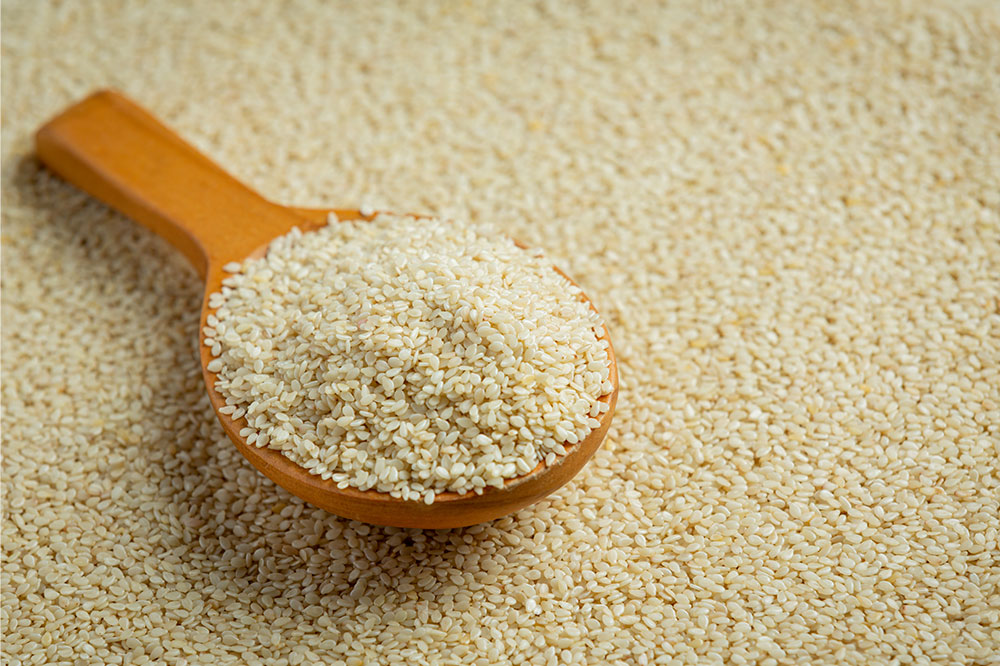Effective Strategies for Managing an Enlarged Prostate
Learn about effective treatments for enlarged prostate, including medications, minimally invasive procedures, lifestyle changes, and dietary tips. Early detection and professional guidance are key to managing symptoms and improving quality of life in men over 50.

Understanding and Managing an Enlarged Prostate
Are you facing issues like frequent urination, difficulty starting urination, or a feeling of incomplete bladder emptying? These symptoms could indicate an enlarged prostate, a condition that commonly affects men over 50. The prostate, a walnut-sized gland surrounding the urethra, grows with age and may lead to benign prostatic hyperplasia (BPH). Recognizing these signs early and seeking medical advice is crucial for effective management. An enlarged prostate can disrupt daily life, but numerous treatment options are available today.
Thankfully, various effective therapies can help control symptoms. Medications approved by the FDA can slow prostate growth or relax bladder muscles to ease urination. Consulting a healthcare professional is essential for tailored treatment. Common treatments include:
5-Alpha-reductase inhibitors: These drugs decrease dihydrotestosterone levels, helping shrink the prostate over time. Usually taken for several months, they often reduce symptoms and lessen the need for surgery.
Alpha blockers: These medications don’t reduce prostate size but relax muscles around the prostate and bladder neck, providing quick relief from symptoms. Results can often be seen within days.
Minimally invasive therapies: Procedures like heat wave therapy use heat energy to reduce prostate size without surgery, with minimal side-effects.
Microwave and radiofrequency treatments: Techniques such as TUMT and TUNA use microwaves or radio waves to destroy excess prostate tissue, alleviating urination difficulties. Side effects may include temporary discomfort.
If these options do not provide relief, surgical intervention may be necessary. Additionally, some men benefit from prostatic stent placements or natural remedies like herbal supplements and pelvic exercises such as Kegel routines. Maintaining a healthy lifestyle and diets rich in omega-3 fatty acids, tomatoes, sesame seeds, and other nutrient-dense foods can support prostate health. Regular check-ups are vital to monitor prostate size and early symptoms, ensuring prompt treatment.
Note: While medical treatments are effective, adopting a healthy lifestyle is equally important. Always seek guidance from healthcare professionals to choose the most suitable therapy for your condition.










